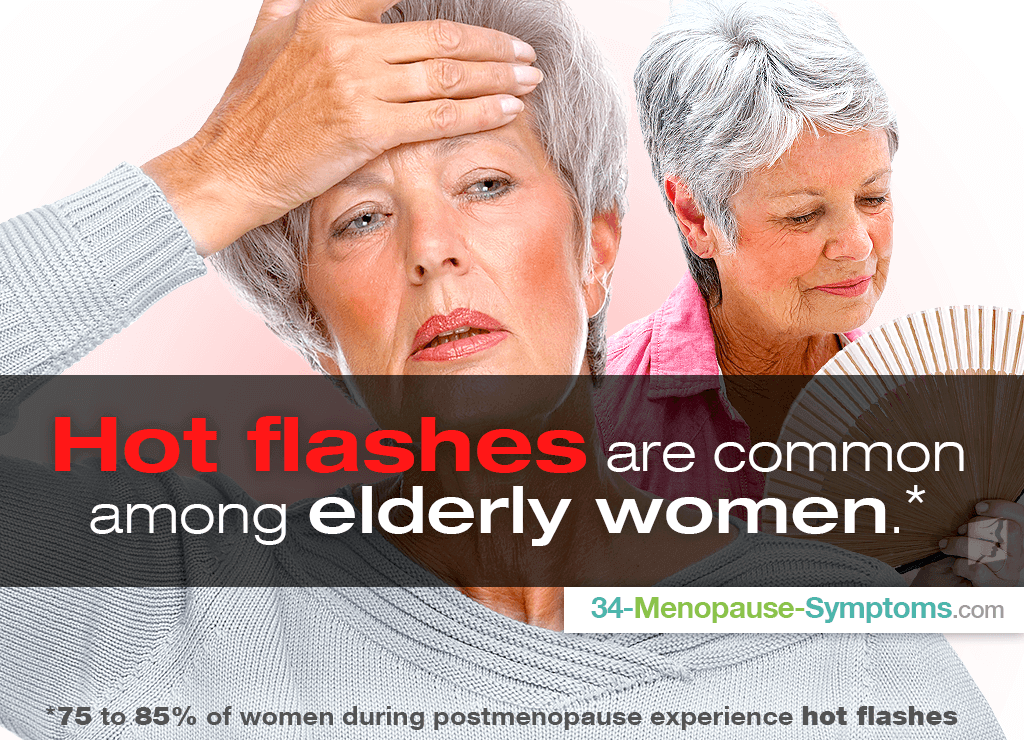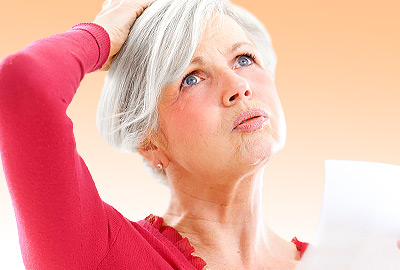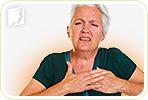Are you troubled by hot flashes? This is not uncommon. Many women experience hot flashes throughout menopause, and this may continue into postmenopause as well. At around the same age, some men may also begin to experience hot flashes.
What Causes Hot Flashes in Elderly Women?
Hot flashes among older women are often caused by a hormonal imbalance. Changes in hormone levels from menopause can make the hypothalamus, the part of the brain that controls temperature, confused about the body's current temperature. It sends out signals to the rest of the body, and this causes a hot flash.
Hot flashes are one of the most common symptoms of menopause, affecting around 80% of women. Some women continue to suffer from hot flashes, even after the menopause transition has finished. Women who have had surgically induced menopause, chemotherapy, or radiation therapy are more likely to suffer from more severe hot flashes for a longer period of time.
Could There Be Another Reason for Hot Flashes?
While hot flashes in women are likely to be related to their previous menopause symptoms, this is not always the case. Certain medications and medical conditions can cause hot flashes, such as:
- Thyroid disease
- Drugs such as Raloxifene, Tamoxifen, Gonadotropin analogues.
- Panic disorders
- Diabetes
- Cancer
If you think that any of these is causing your hot flashes, you should talk to your doctor.
What Is the Most Common Age to Experience Hot Flashes?
As one of the most common menopause symptoms, many women will experience hot flashes in their late 40s or early 50s. However, it is not abnormal for hot flash episodes to last into post-menopause. Pregnant women can also experience hot flashes, as can young women during or prior to menstruation.
Recommendations
If you or someone you know is suffering from hot flashes, there are ways you can lessen their discomfort or alleviate them entirely.
- Avoid triggers. Each woman is different, so her triggers will be too. Keep a journal to see what your personal triggers may be. Some common triggers include, caffeine, alcohol, spicy foods, smoking, hot weather and hot food.
- Avoid synthetic clothing. Try not to wear silk, wool or synthetics, and wear more cotton, rayon, and linen.
- Dress in layers. This way you can strip off layers as needed throughout the day.
- Nighttime protection. If you are also suffering from night sweats, keep a thermos of cool water by your nightstand, have a cool shower before bed, and consider replacing flannel sheets for cotton ones.
For more information on hot flashes, click on the links below.
Sources
- Sikon, Andrea and Holly Thacker M.D. "Treatment for Menopausal Hot Flashes". Cleveland Clinic Journal of Medicine. July 2004: 71 (7).
- "Hot flashes ... in January". Canadian Medical Association Journal. 2004: 170 (1).
- London Health Sciences Centre. (2008).Hot Flashes. Retrieved on August 3, 2015 from http://www.lhsc.on.ca/Patients_Families_Visitors/LRCP/Managing_Side_Effects/HotFlashes.htm
- Miller, Heather and Rose Maria Li, M.D. "Measuring Hot Flashes: Summary of a National Institutes of Health Workshop". Conference report. Mayo Clinic. June 2004: 79.




